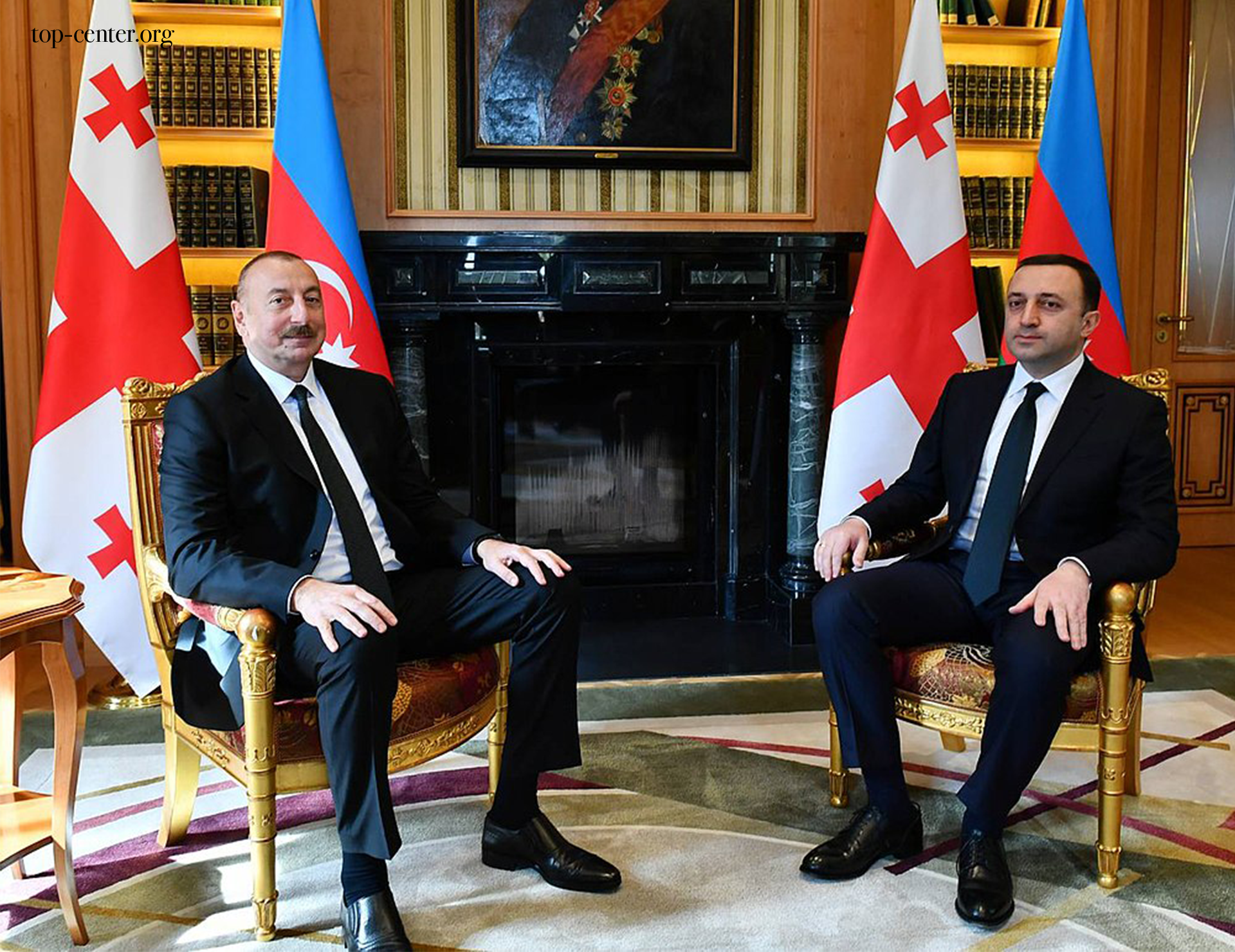Georgia track for Armenia-Azerbaijan talks?

In his visit to Georgia on October 8, Azerbaijani President Ilham Aliyev broached the idea of holding a new round of talks on the normalization of relations between Armenia and Azerbaijan in Georgia. Although Aliyev did not rule out the possibility of alternative tracks offered in good faith, he said Georgia is “the most correct option” due to its historical relations with both countries and geographical factor. On its part, Tbilisi’s main message is that in an increasingly polarised international system, it can offer a friendly format where the South Caucasus countries can address regional issues themselves. So far, Baku and Yerevan have been meeting for peace talks on three main tracks - Brussels, Moscow, and Washington - but the future looks blurry for each, taking into account the recent tensions between the mediators and between them and Armenia and Azerbaijan in different cases.
After a few days of silence, the first reaction of Armenian PM Nikol Pashinyan to the proposal was sceptical, as he claimed that creating a new negotiation format would be unnecessary while there is already the EU-led negotiation track, hinting that it can be used as a pretext to renege on commitments agreed upon in Brussels. This reaction may be interpreted on one hand by the perception, common to the Armenian political elites and society at large that Baku and Tbilisi fundamentally align on most significant issues of international politics, from their unambiguous support of the territorial integrity principle to participation in several formats of strategic security and economic cooperation involving Ankara as well. So, Pashinyan could think that his consent to shifting the center of the negotiation process to Tbilisi would be yet another loss for Yerevan in the situation where he is widely criticized in his country for the refusal to stand for the Karabakh Armenians. At the same time, he may believe that it would be unwise to take steps that could be interpreted in Brussels as certain alienation from Armenia’s alleged westward shift that is now accelerating.
It is not the first time Georgia offered its mediation for peace talks but what makes this time different is the timing. After Azerbaijan’s restoration of its full sovereignty over Karabakh post-September 20, there is a chance to move forward with constructive negotiations on border demarcation, the opening of regional transport and communication links, and the signing of a peace agreement. At the same time, the growing disillusionment with different mediation platforms underlines the need for direct talks between Armenia and Azerbaijan where Tbilisi can serve as an honest broker. Baku’s refusal to attend the pentalateral meeting at the EPC summit in Granada on October 5 with the participation of the EU, German, and French leaders shows its determination not to accept the mediation of openly biased countries such as France. Paris’ decision to supply Armenia with weapons and its rejection of including Türkiye in the negotiations process have raised Baku’s ire and Azerbaijani leadership is clear in its position that France’s pro-Armenia activism puts at risk the EU’s overall policy toward the region.
According to the assistant to Azerbaijani president, Hikmet Hajiyev, Baku is committed to the tripartite Brussels process facilitated by the EU Council President Charles Michel. The next meeting in this format is expected to be held in late October. But Baku’s confidence in the EU as a neutral broker might have decreased after the September 19 operation as it drew a slew of condemnations from the highest echelons of the EU leadership. Brussels’ lack of unified position on its approach to the conflict manifested in different reactions by the EU Council President and High Representative for Foreign Affairs and Security Policy further increases uncertainty about the EU’s true motivations.
The Armenia-Azerbaijan conflict and the prospects for its resolution through diplomatic means have always been heavily influenced by shifting geopolitical realities in the wider Eurasian region, as well as the interplay between Russia and the West. This has been most manifest since Russia’s invasion of Ukraine as the former’s isolation on the international level further promoted a zero-sum positioning with regard to conflict resolution in the South Caucasus. Expectedly, it turned the process into a competition where conflict mediation came to be seen as an instrument to bolster one’s position in the region rather than a genuine attempt to resolve the decades-long dispute. For Armenia and Azerbaijan, it similarly necessitated instrumentalizing peace talks to discredit the opposite side and score certain geopolitical goals at the expense of constructive steps toward a comprehensive peace agreement.
In this context, Georgia’s mediation may offer Armenia and Azerbaijan a venue for direct talks on different aspects of the normalization process free of external manipulation. At the early stage of post-conflict negotiations, increasing the frequency of contacts between Armenian and Azerbaijani representatives in Tbilisi would help routinize interactions and eventually decrease the level of mistrust between the two sides. Georgia has traditionally hosted Track-2 diplomacy initiatives bringing together activists, analysts, and academics from Baku and Yerevan. Launching the meetings of state leaders in Georgia would cut the distance between the two tracks and open the door for more efficient Track-2 and Track-1.5 diplomacy in the region. Moreover, successful Georgian mediation could pave the way for the evolution of the South Caucasus into a single region with a distinct geopolitical identity, strengthening the independence and agency of its three countries.








